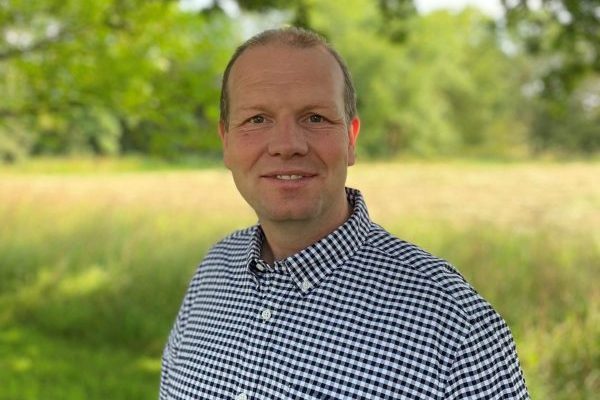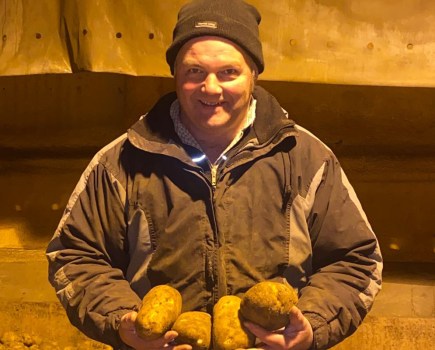By Martin Lines
As farmers, the unusual weather and the amount of rain during the past year have had a considerable impact on our work and it’s affected us all. On this occasion, it was our Prime Minister who was caught in the deluge, as he announced to the nation the date of our next general election.
Now the PM has set the date, we’ll endure weeks of listening to different political parties and MP candidates shouting louder than the last about why their policies and plans are better for the country than other political parties.
New policy announcements focusing on growth, housing, health, education and commitments to budgets and taxation are already coming out daily. Defra also made a flurry of announcements ahead of Parliament closing down – an expanded offering for the SFI has been revealed including additional options for tenant farmers, upland farmers and new entrants.
Having knowledge of these further SFI standards, as well as the new hedgerow regulations passing through parliament, will give us a little more certainty with which to plan for the year ahead, as we know what’s on offer and what’s expected of us (in these two areas, at least).
As this parliament dissolves, so too does the commitment to maintain the agricultural budget. This leaves Defra and farming in a vulnerable position. The next Secretary of State for Defra will have to argue for farming and environment budget alongside all other departments from the treasury who also want a cut. The funding commitments to Defra from some parties are still unclear – as are their priorities for the money being spent. What will they consider to be crucial outcomes for farming?
The Environment Act sets out clear targets for environmental improvements that the next government will have to deliver on during the next five years, with farming seen as the mechanism by which to deliver these.
This will be the first time the government will set its budget for Defra without any commitment to the old EU requirements, as all Environmental Land Management (ELM) funding is now UK set. As an industry, will we be able to demonstrate value for public money? The cost of food production should be met by the market and the consumer, there should be money in producing food – we shouldn’t have to subsidise it at the point of production.
Will a new government look closely at the value for money on the public goods they’re paying for through SFI? Farmers being paid for outcomes that regulation and enforcement can deliver without public payment might seem better value for money.
Has our industry done enough during the past few years to champion the public goods we deliver, and the funding required to deliver the outcomes the public wants? With the UK economy in poor condition and limited funds available from government, the pressure on the treasury to trim budgets will be immense.
I’ve always said, we farmers have a huge opportunity to demonstrate the range of food, products and services we deliver, and it’s clear that the majority of the public cares about nature, the environment and climate change and the impacts they’re already having.
If you have the opportunity or willingness to engage with and talk to MP candidates in your area, make sure you ask: what are their commitments to funding budgets for Defra? We have to ensure the future government clearly sees the benefits of supporting farmers to deliver a range of public goods and services, and a stronger market for private goods alongside food production.
We have to demonstrate and link together all of the outcomes our landscape can provide for public health and wellbeing. We should be tapping into the Department of Health budget alongside the Defra budget – we as farmers can help provide improved air and water quality, access to land for mental and physical wellbeing, flood and drought protection and so much more.
We should also be tapping into the climate budget – many climate mitigation measures can be delivered by farmers including tree and hedge planting for shade, shelter and water management, and maintaining soil cover to protection from erosion. Imagine a system where a Department of Health is hardly required because Defra works with farmers to deliver healthy food, which creates healthy people, using methods that build and sustain a healthy planet.
Whatever the outcome of this election, the next five years are going to be both interesting and challenging. We can sit on our farms, take what’s given to us and complain about it. Or, we can engage and help steer the country’s direction by using the ballot box, following up with those that are elected.
Form a relationship with your new MPs and help educate those in power on what farmers require to transition to a sustainable agricultural system in a climate of change.
This article was taken from the latest issue of CPM. For more articles like this, subscribe here.
Sign up for Crop Production Magazine’s FREE e-newsletter here.




